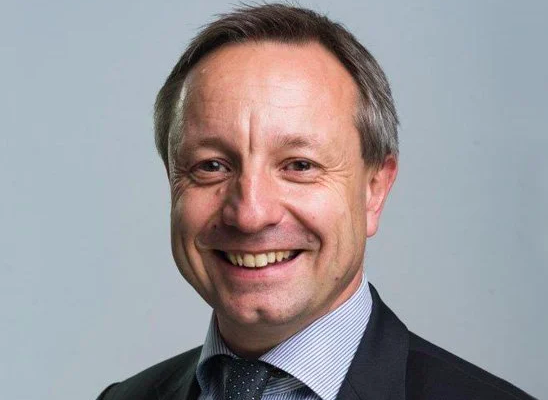Reforms to avoid a repeat of this year’s cull of two dozen energy suppliers must require licencees to prove greater financial resilience, Ofgem’s chief executive told Parliament this morning.
Citing what he identified as a ‘500% rise in wholesale gas prices’ during 2021, the regulator’s boss Jonathan Brearley told a House of Lords committee that a ‘very sharp focus on capital adequacy’ would be needed under a ‘very, very different way of regulating the market’ in future.
Trading collapses of licencees in 2021 have left Ofgem seeking emergency stand-in suppliers for over 3.5 million customers. Inadequate hedging either directly or indirectly against wholesale prices for generation feedstock has been the underlying cause.
According to one estimate, the cull of suppliers and continued expensive gas feedstock will impose average bills £ 150 per year higher next year. Another expert estimate foresees homes in fuel poverty will rise by as 10%, or 400,000 homes over the winter.
Brearley warned peers that suppliers must plan for record market prices “to continue to be around in the coming months”, and brace for “a very, very different way of regulating the retail sector” in the future.
The Ofgem boss thus contradicted Britain’s head of government. In September Premier Johnson had assured consumers that the crisis was a ‘short-term problem’.
“I don’t see that this is going to be a bubble that goes away and then we will carry on as we were before,” Brearley told the committee.
“I think we are going to be in a different kind of reality. That will mean having rules in place which say ‘you choose what you do, but you have to underpin that choice’,” he said.
The Ofgem boss told the peers that each company must continue to decide how much risk it opted to take and thus how much it wanted to hedge.
But, said Brearley, “the rule has to be that, if you take risk, you have to have the capital available” to manage a wide range of market scenarios.
Calculatedly yearly, the next Price Cap is set for spring 2022. Among suggested improvements, Octopus’ boss Greg Jackson called for a review to increase its frequency, and to include forward elements anticipating likely rises in wholesale costs.
The “new reality” after the energy crisis will require “fit and proper” tests, Brearley added, to determine whether suppliers have taken on too much risk, and whether they have enough capital to manage this risk if energy markets rocket.
“What is evident from the last few months is that those stress tests need to be very wide”, said Ofgem’s chief.




